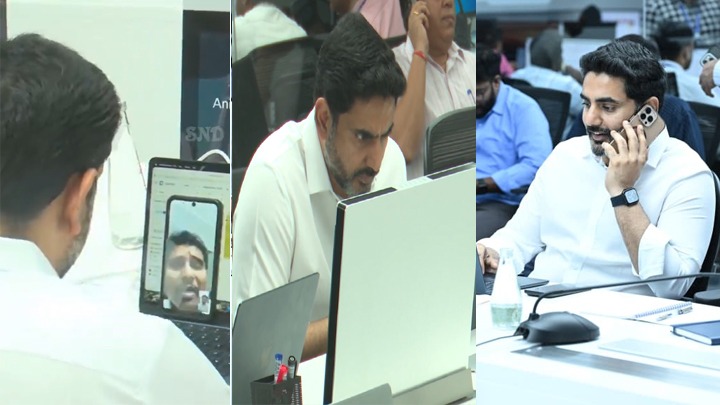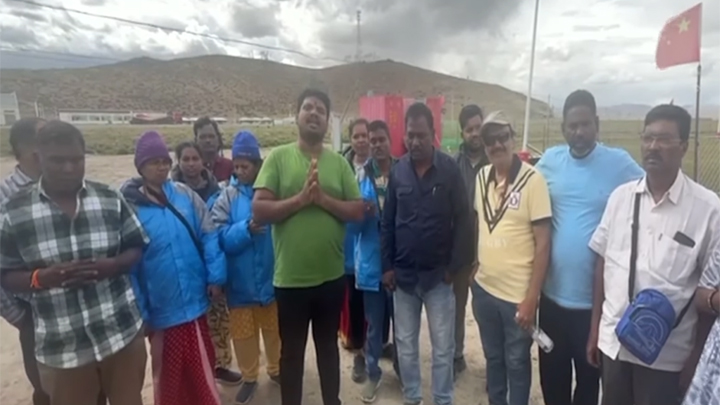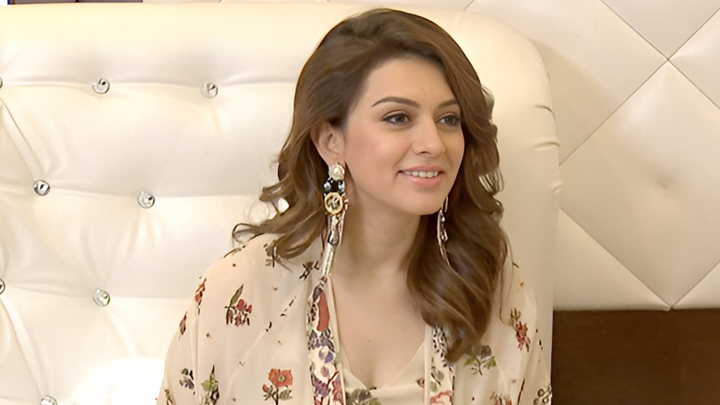In a landmark ruling reinforcing press freedom and democratic values, the Supreme Court of India on Thursday ordered the immediate release of veteran journalist Kommireddy Srinivas Rao (KSR), calling his arrest “a violation of fundamental rights” and questioning the very legality of the charges against him.
The court’s strong remarks and judicial scrutiny have not only offered relief to the senior journalist but have also triggered a fresh political storm in Andhra Pradesh, with former Chief Minister and YSRCP President Y.S. Jagan Mohan Reddy launching a scathing attack on the ruling state government.
🔹 Supreme Court Verdict: A Blow to Arbitrary Policing
A two-judge bench comprising Justices P.K. Mishra and Manmohan came down heavily on the arrest of KSR, who was picked up from his Hyderabad residence by Andhra Pradesh police in connection with a TV debate aired on Sakshi TV.
The court noted that KSR was arrested merely for smiling during the debate, where the controversial remarks were actually made by another panelist. “How can someone be arrested for merely laughing during a discussion? If that’s the case, even we laugh in court,” the bench observed pointedly.
The FIR filed against KSR invoked provisions of the SC/ST (Prevention of Atrocities) Act and BNS 356(2), even though no prior notice was served as required under Section 35(3) of the Bharatiya Nyaya Sanhita (BNS). The court found this procedural lapse unacceptable, especially given KSR’s age and the limited nature of his role in the debate as an anchor.
Calling the arrest a breach of his constitutional rights under Article 32, the Supreme Court granted KSR conditional bail and postponed the case hearing by eight weeks. The trial court will now decide the specific bail conditions.
🔹 Y.S. Jagan: “A Slap on Chandrababu Naidu’s Face”
Reacting to the Supreme Court’s decision, YSRCP Chief Y.S. Jagan Mohan Reddy hailed the judgment as a “victory for democracy” and a “resounding slap on the face of CM Chandrababu Naidu.”
Accusing the Andhra Pradesh Chief Minister of orchestrating the arrest to suppress dissent, Jagan alleged that Naidu was using the “yellow media gang” to distract public attention from widespread corruption in Amaravati’s capital region development.
“The arrest of KSR was not just an attack on one journalist, but an attack on the entire media fraternity,” Jagan said. “This is a dangerous sign of authoritarianism, and the Supreme Court has rightly intervened.”
He further condemned the recent attacks on Sakshi media offices and warned that such undemocratic actions would not go unnoticed. “Democracy and freedom of speech are under threat in Andhra Pradesh. But this judgment brings national attention to the unlawful tactics being deployed here,” Jagan asserted.
🔹 Case Background: Targeting the Messenger?
The controversy began when KSR hosted a debate on women protesters from Amaravati. A fellow panelist’s remark during the show triggered outrage, but instead of acting against the speaker, police arrested KSR under stringent laws — a move widely criticized as excessive and politically motivated.
KSR’s legal defense, led by senior advocate Ponnavolu Sudhakar Reddy, successfully argued that the journalist had no direct involvement in the offending statement and was being unfairly targeted for political reasons.
🔹 Broader Implications
This case has sparked national debate over the misuse of criminal laws to intimidate journalists and stifle dissent. Legal experts say the Supreme Court’s observations set an important precedent against arbitrary arrests and underscore the need to safeguard freedom of expression — especially in polarized political climates.
The verdict also amplifies scrutiny over the way sensitive laws like the SC/ST Act and new BNS provisions are being invoked against media professionals without proper procedure.









